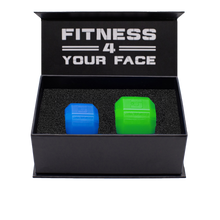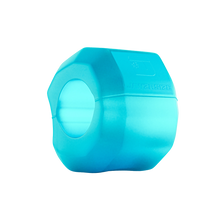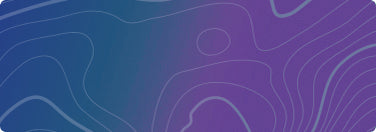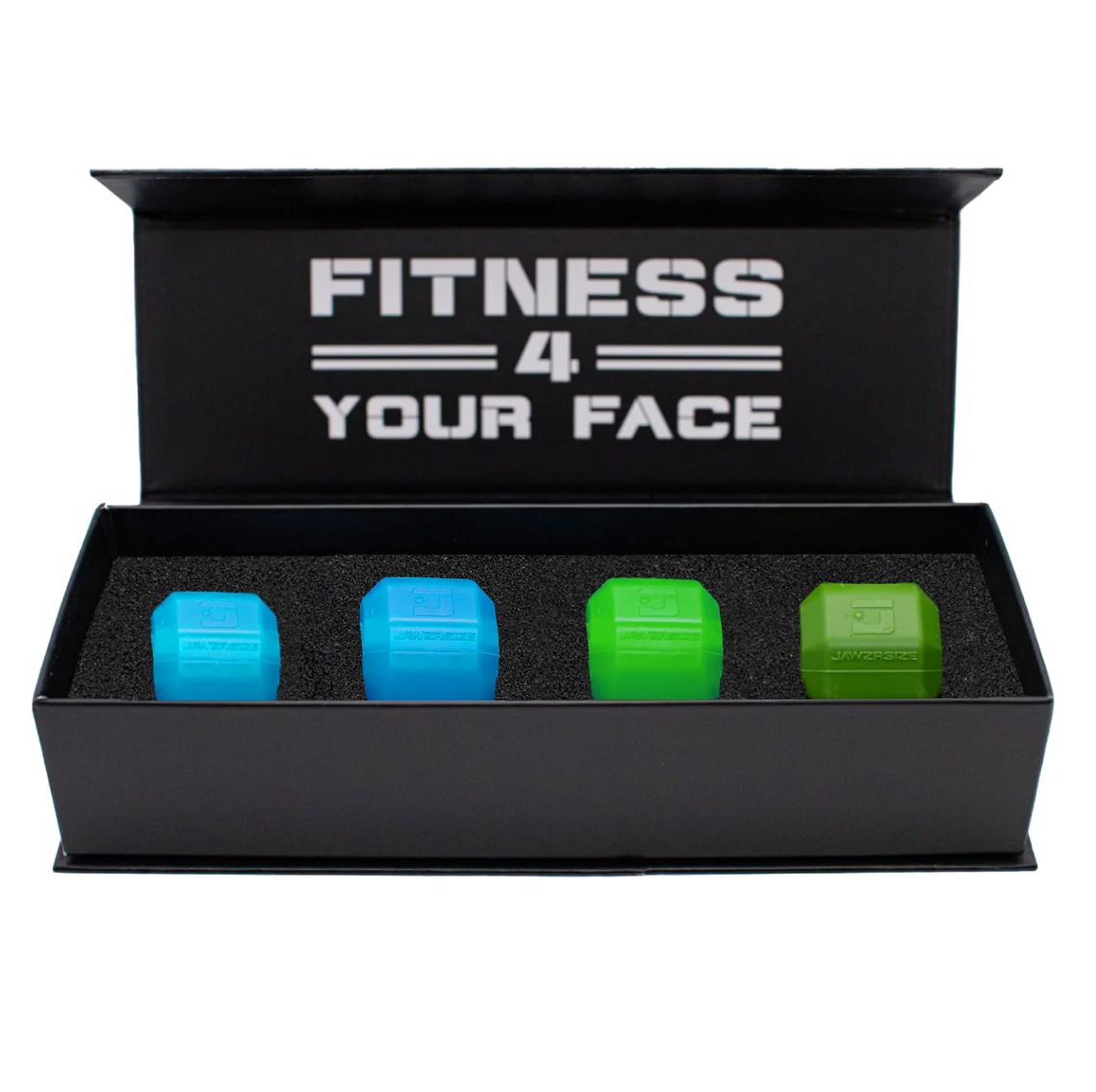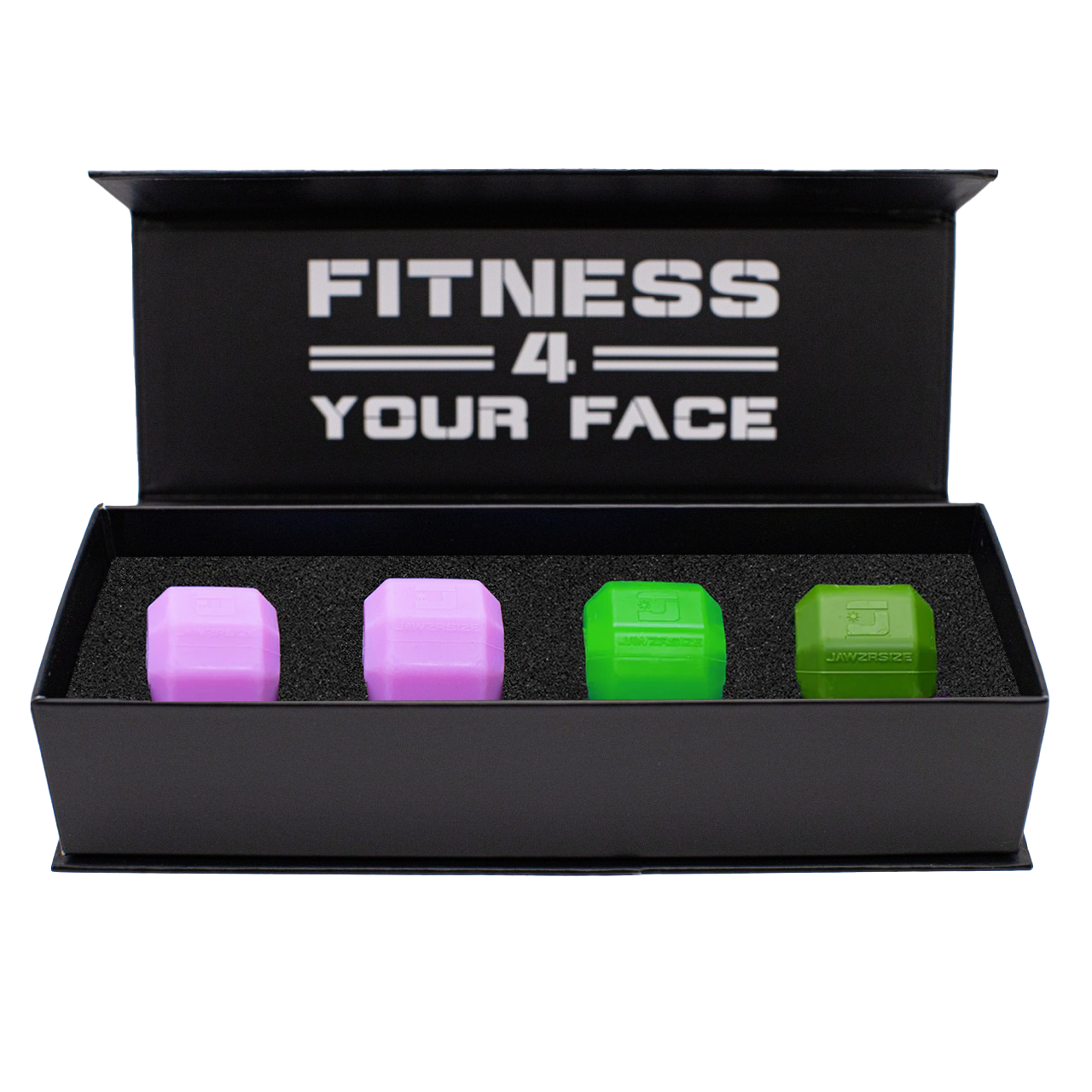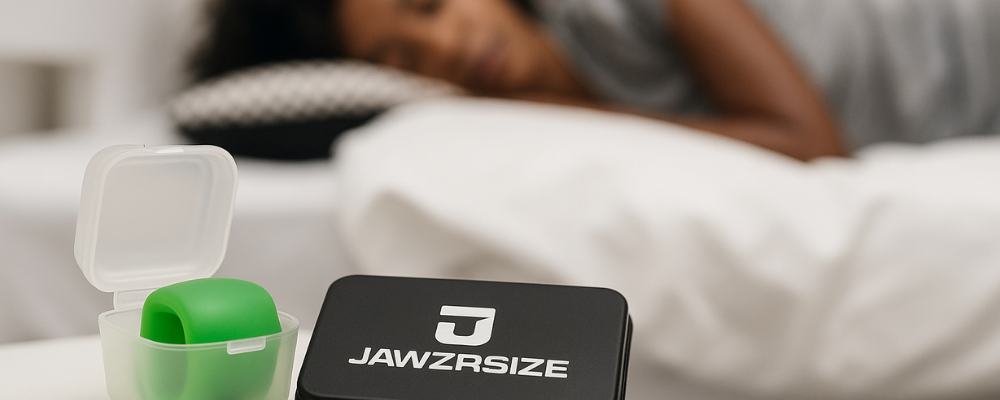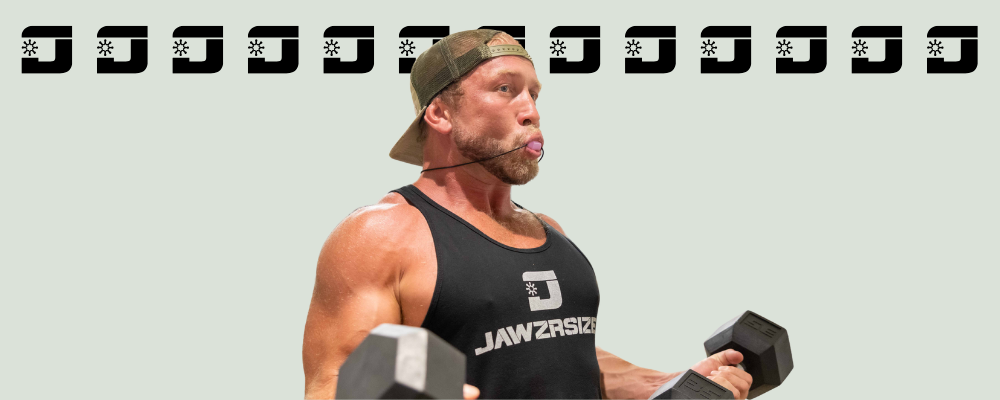TMJ disorder, or temporomandibular joint dysfunction, affects millions of people worldwide. It can cause significant discomfort and impact your quality of life.
Understanding the causes, symptoms, and available treatment options is the first step in managing this condition effectively.
In this article, we'll explore what TMJ disorder is, its common symptoms, and the factors that may contribute to its development.
👉 Check out our Jaw Disorder Collection now! Jawzrsize offers essential products for facial exercises and massages that alleviate the tension caused by these issues.
What is TMJ Disorder?
TMJ disorder is a group of conditions that affect the temporomandibular joint (TMJ) and the muscles surrounding it. The TMJ is the hinge-like joint that connects your lower jaw (mandible) to your skull's temporal bone. It allows you to open and close your mouth, chew, speak, and make facial expressions.
👉 Would you like to learn more about the benefits of Jawzrsize for relieving these discomforts? Click here to read an article on the topic!
TMJ disorders can cause pain, stiffness, and limited movement in the jaw joint and surrounding muscles. The discomfort may radiate to the face, neck, and shoulders, leading to headaches, earaches, and even tinnitus (ringing in the ears).
Symptoms of TMJ Disorder
Common symptoms of TMJ disorder include:
🥴 Pain or tenderness in the jaw, face, neck, or shoulders🥴 Clicking, popping, or grating sounds when opening or closing the mouth
🥴 Difficulty or discomfort while chewing
🥴 Locking of the jaw joint, making it challenging to open or close the mouth
🥴 A change in the way the upper and lower teeth fit together
🥴 Swelling on the side of the face
🥴 Tinnitus or earaches
The severity and frequency of these symptoms can vary from person to person. Some may experience mild, occasional discomfort, while others may have severe, chronic pain that interferes with daily activities.
Common Causes of TMJ Disorder
The exact cause of TMJ disorder is not always clear, and it can result from a combination of factors, such as:
🫨 Jaw injury or trauma: A blow to the jaw or head, whiplash, or dental procedures can damage the TMJ or surrounding muscles.
🫨 Bruxism: Chronic teeth grinding or clenching, often due to stress or sleep disorders, can put excessive pressure on the TMJ and cause pain.
🫨 Arthritis: Osteoarthritis and rheumatoid arthritis can affect the TMJ, causing inflammation, pain, and stiffness.
🫨 Malocclusion: Misalignment of the teeth or jaw can place uneven stress on the TMJ and surrounding muscles.
🫨 Stress: Emotional stress can lead to jaw clenching and muscle tension, which may contribute to TMJ disorder.
🫨 Genetic factors: Some people may have a genetic predisposition to developing TMJ disorders.
Identifying the underlying cause of your TMJ disorder is crucial for developing an effective treatment plan. A healthcare professional specializing in TMJ disorders can help diagnose your condition and recommend the most appropriate course of action.
👉 For a complete commitment to your health, use the Total Transformation Kit or the Total Contouring Kit!


Types of TMJ Disorders
TMJ disorders can be classified into three main categories: joint disorders, muscle disorders, and headaches associated with TMDs. Understanding the differences between these types can help you and your healthcare provider determine the most appropriate treatment plan for your specific condition.
1. Joint Disorders
Joint disorders affect the temporomandibular joint itself. Some common examples include:
➡️ Disc displacement: The small, round disc of cartilage that cushions the TMJ can slip out of place, causing a clicking or popping sound when opening or closing the mouth. This displacement can be with or without reduction, meaning the disc may or may not return to its normal position.➡️ Degenerative joint disease: Also known as osteoarthritis, this condition occurs when the cartilage covering the TMJ breaks down, leading to pain and limited jaw movement. Factors such as aging, jaw injury, and chronic teeth grinding can contribute to the development of degenerative joint disease.
➡️ Joint dislocation: In some cases, the TMJ can become dislocated, causing the jaw to lock in an open or closed position. This can be painful and may require professional intervention to restore normal jaw function.
2. Muscle Disorders
Muscle disorders, also known as myofascial pain disorders, involve the muscles that control jaw movement. These disorders can cause pain, tenderness, and stiffness in the jaw, face, neck, and shoulders. Some common muscle disorders include:
➡️ Myofascial pain syndrome: This condition is characterized by the presence of trigger points, which are sensitive areas in the muscles that can cause referred pain when pressed. Trigger points in the jaw muscles can lead to facial pain, headaches, and limited jaw movement.➡️ Muscle spasms: Involuntary muscle contractions or spasms can cause pain and discomfort in the jaw and surrounding areas. These spasms may be caused by factors such as stress, teeth grinding, or jaw clenching.
3. Headaches Associated with TMDs
Headaches can be a common symptom of TMJ disorders. The tension and pain in the jaw muscles can radiate to the head, causing various types of headaches, including:
➡️ Tension headaches: These headaches are often described as a dull, constant pressure or tightness around the forehead, temples, or back of the head and neck. They can be triggered by jaw clenching, teeth grinding, or muscle tension in the TMJ area.➡️ Migraines: TMJ disorders can also contribute to the development or aggravation of migraines. Migraines are intense, throbbing headaches that may be accompanied by symptoms such as nausea, vomiting, and sensitivity to light and sound. The exact link between TMJ disorders and migraines is not fully understood, but it is thought that the shared nerve pathways between the TMJ and the head may play a role.
Best Tool For TMJ Disorder: Jawzrsize
Jawzrsize stands out as the best option for facial exercises and massages for several reasons. It provides a practical and efficient solution for strengthening jaw muscles, which is essential in alleviating temporomandibular joint (TMJ) disorder symptoms and improving jaw function. Additionally, by incorporating Jawzrsize into your routine, you can complement facial massage techniques, such as Gua Sha, that help relax facial muscles and reduce accumulated tension in the jaw, face, and neck areas.
The main benefits that make Jawzrsize an ideal choice for those seeking facial health and wellness include:
✅ Muscle Strengthening: Jawzrsize specifically targets the muscles involved in jaw movement, helping to increase stability and reduce the risk of injuries or dislocations. This contributes to better jaw health and prevents discomfort caused by misalignment or lack of muscle strength.✅ Improved Joint Mobility: Regular practice with Jawzrsize helps to improve the range of motion in the jaw joint, combating stiffness and promoting more efficient joint function.
✅ Pain and Tension Reduction: The combination of Jawzrsize exercises and facial massage techniques, such as Gua Sha, stimulates blood circulation and facial muscle relaxation, reducing inflammation and discomfort commonly experienced by those with TMJ disorders.
✅ Practicality and Consistency: Jawzrsize is easy to incorporate into a daily routine, making it an accessible tool for anyone seeking to improve facial health in a practical and effective way. This consistency in exercise brings long-term results, reducing TMJ symptoms and enhancing quality of life.
Key Takeaway
Jawzrsize represents a comprehensive solution for strengthening and relaxing facial muscles, providing relief from TMJ disorder symptoms and enhancing the benefits of massage techniques, such as Gua Sha. Incorporating Jawzrsize into your routine brings a lasting positive impact on facial health, helping to improve mobility and relieve pain and tension.
👉 Explore our full Jaw Disorder Collection and claim your first-purchase discount! Start transforming your health and lifestyle today!
Remember: Jawzrsize is a brand specializing in facial exercise devices. It’s essential to consult a healthcare professional if you have several symptoms beforehand to ensure the exercises are suitable for you. Think of Jawzrsize as a full gym for your face; when used according to the brand’s and your professional's recommendations, it can yield significant benefits.
By committing to your health, you’re likely to experience effective results, from pain relief to aesthetic improvements. Not only can you expect reduced muscle tension and relief from conditions like TMJ, but you might also be impressed by the positive impact on your appearance.
👉 After using it, share your experience with us!
Frequently Asked Questions
| Question | Answer |
|---|---|
What is TMJ disorder? |
TMJ disorder is a group of conditions that affect the temporomandibular joint (TMJ) and the surrounding muscles. It can cause pain, stiffness, and limited jaw movement, impacting daily functions like speaking and chewing. The disorder may lead to discomfort in the face, neck, and shoulders. |
What are common symptoms of TMJ disorder? |
Common symptoms include jaw pain, tenderness in the face, neck, and shoulders, clicking or popping sounds in the jaw, difficulty chewing, jaw locking, and earaches. Some may also experience tinnitus or a change in how their teeth align. Severity varies from mild to chronic pain for some people. |
What causes TMJ disorder? |
TMJ disorder can be caused by jaw injuries, teeth grinding (bruxism), arthritis, stress, and genetic factors. Misalignment of the jaw and teeth, along with muscle tension from stress, can also contribute to the condition. Understanding the cause helps in creating an effective treatment plan. |
How can Jawzrsize help with TMJ disorder? |
Jawzrsize aids TMJ disorder by strengthening jaw muscles, improving joint mobility, and reducing pain and tension. The exercises complement facial massage techniques like Gua Sha, enhancing blood circulation and muscle relaxation, which can alleviate TMJ-related discomfort and promote jaw health. |
What types of TMJ disorders exist? |
TMJ disorders are generally categorized into joint disorders, muscle disorders, and headaches. Joint disorders involve the TMJ itself, muscle disorders affect jaw muscles, and TMD headaches result from jaw tension radiating to the head. Treatment varies depending on the specific type of TMJ disorder. |

